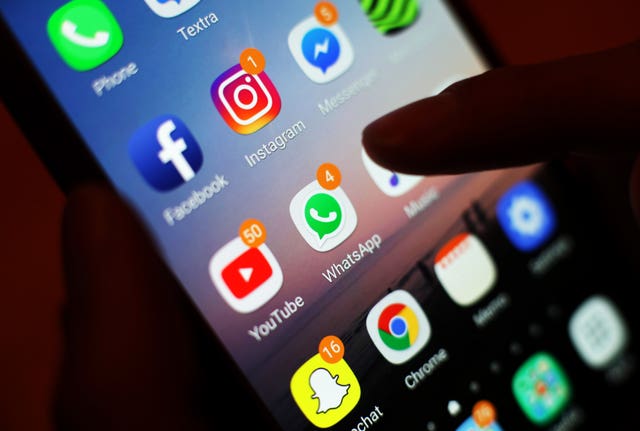Digital-detox holidaymakers reconnect with real world, study suggests
Participants reported feeling more attentive and focused on their surroundings while disconnected from their gadgets.

The idea of leaving smartphones behind from a digital-detox holiday might seem impossible for some, but a study suggests initial anxiety is soon replaced by benefits.
A small group of participants were sent on technology-free travels in a bid to understand their reaction when disconnected from the online world.
This meant not only losing access to a mobile, but also laptops and tablets, as well as the many services that come with them via the internet, such as navigation and social media.
Some 24 people – all millennials except for two – were asked to share their emotion changes when scrapping their digital lifestyles without the ability to share a photo online or get help from Google Maps.
“In the current ever-connected world, people are used to constant information access and various services provided by different applications,” explained lead author Dr Wenjie Cai, from the University of Greenwich.
“However, many people are increasingly getting tired of constant connections through technologies and there is a growing trend for digital-free tourism, so it is helpful to see the emotional journey that these travellers are experiencing.”

Most of the participants disconnected for more than 24 hours and found that they learned more about sights, places and beaches because they were forced to talk to other travellers, especially locals.
Those who travelled to urban destinations were more likely to experience anxieties and frustrations due to lack of navigation, instant information access, and digital word-of-mouth recommendation seeking, while people in rural and natural destinations felt withdrawal symptoms related to being unable to report safety or kill time.
“Our participants reported that they not only engaged more with other travellers and locals during their disconnected travels, but that they also spent more time with their travel companions,” Dr Cai continued.
“We found that some participants embraced and enjoyed the disconnected experience straightaway or after struggling initially, while for others it took a little bit longer to accept the disconnected experience.
“Many also pointed out that they were much more attentive and focused on their surroundings while disconnected, rather than getting distracted by incoming messages, notifications or alerts from their mobile apps.”
The results – published by the University of East Anglia, the University of Greenwich and Auckland University of Technology in the Journal of Travel Research – showed that travellers part of a couple or group generally coped without technology better than those alone.





